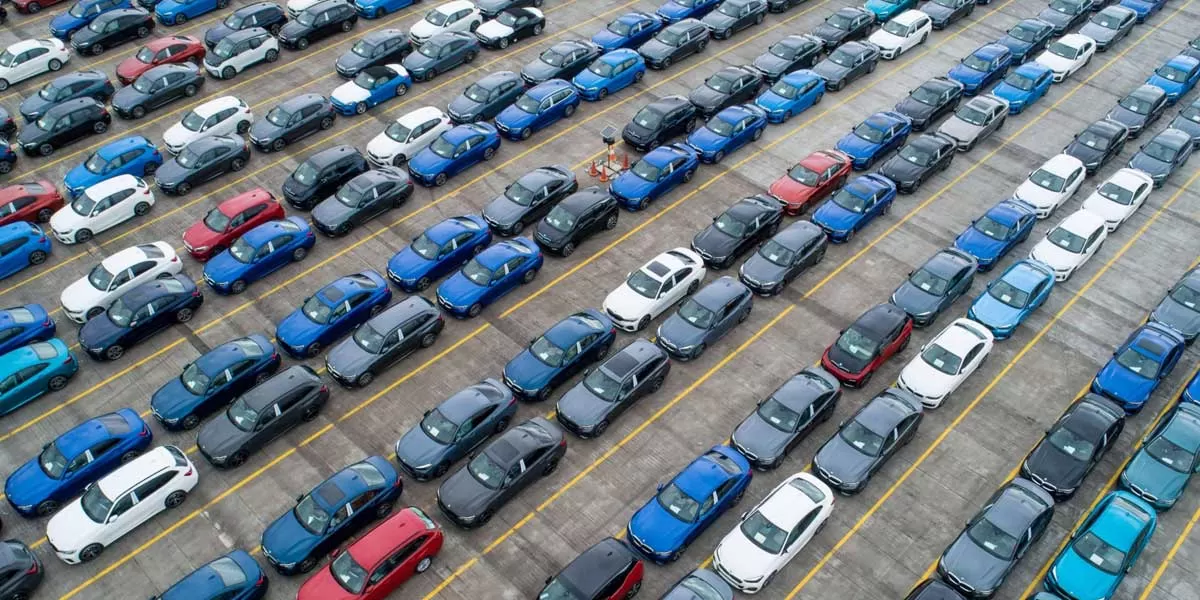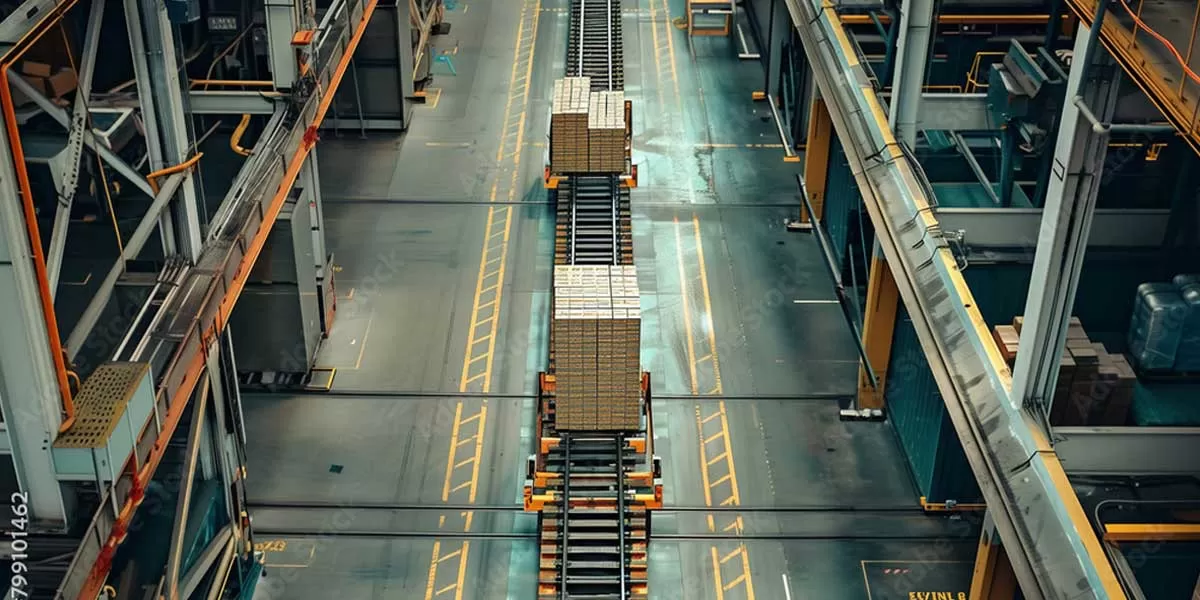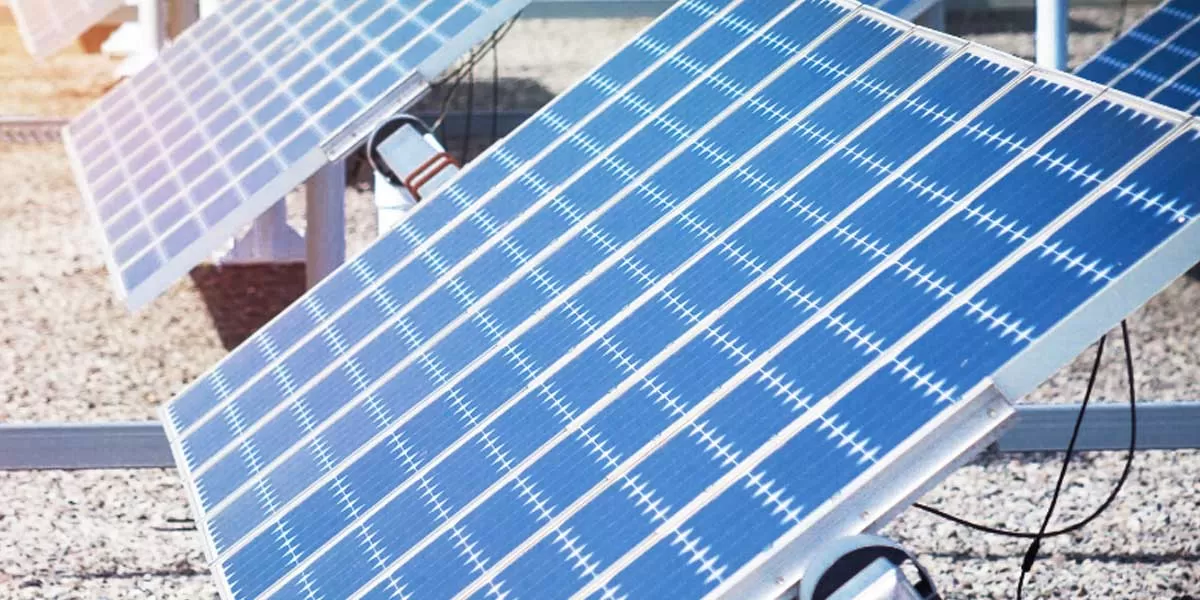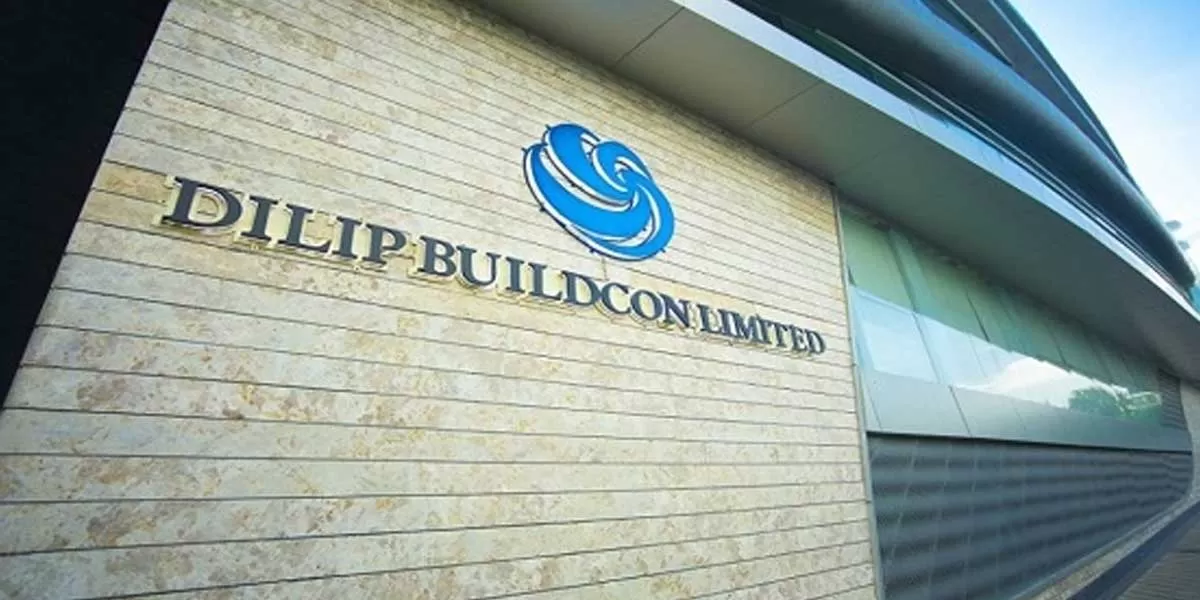
Indian automobile industry to grow 19% to Rs 10.22 trillion in FY24

Shoals' Q3 2024 revenue falls 23.9% due to project delays, supply chain
Shoals Technologies Group, a U.S.-headquartered manufacturer of electrical balance of systems (EBOS) for solar, energy storage, and e-mobility, reported a 23.9% year-over-year (YoY) decline in revenue, which dropped to $102.2 million in the third quarter (Q3) of 2024. This decline was mainly attributed to project delays and supply chain disruptions. The company posted a net loss of $300,000, a significant improvement compared to the $9.8 million net loss in Q3 2023. Adjusted net income was reported at $13.9 million, reflecting a 58.2% YoY decrease. Adjusted EBITDA stood at $24.5 million, a 4..

FTC Solar sees 67% YoY decline in Q3 revenue from lower volumes
FTC Solar, a U.S.-based provider of solar tracker systems, reported a revenue of $10.14 million in the third quarter (Q3) of 2024, surpassing analyst expectations by $240,680. However, this figure marked a 66.8% year-over-year (YoY) decline compared to the same quarter in 2023, primarily attributed to reduced product volumes. The decline in solar tracker revenue was mainly due to an 82% decrease in the amount of MW produced, which was negatively impacted by delays in customer projects. This was partially offset by an increase in the average selling price (ASP), which led to better pricing an..

Dilip Buildcon wins bid for BharatNet Phase III broadband project
Dilip Buildcon announced on Tuesday, November 12, that its STL-DBL consortium had submitted the lowest bid for BSNL's BharatNet Phase III broadband connectivity project. The USOF-funded project, which aims to provide middle and last-mile connectivity in Jammu Kashmir and Ladakh, is valued at Rs.1,625.36 Crore. Dilip Buildcon holds a 70.23% stake in the implementation of the project. The project is expected to be completed in three years, and the corporation will secure a 10-year maintenance contract. In recent days, BSNL has awarded several contracts for the BharatNet project. On Monday, No..













